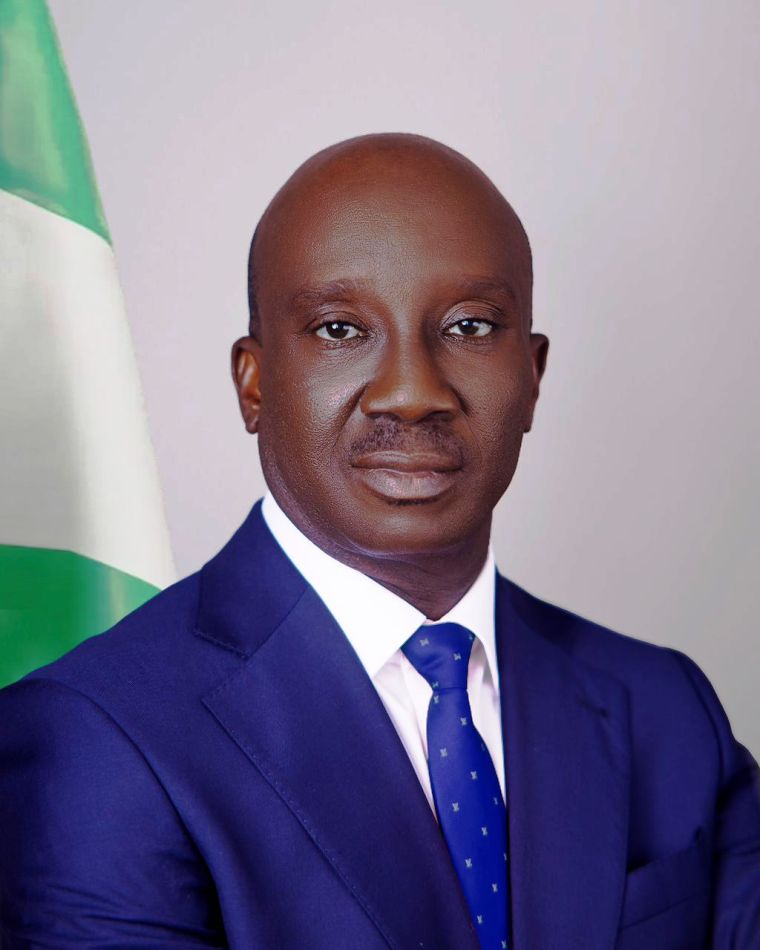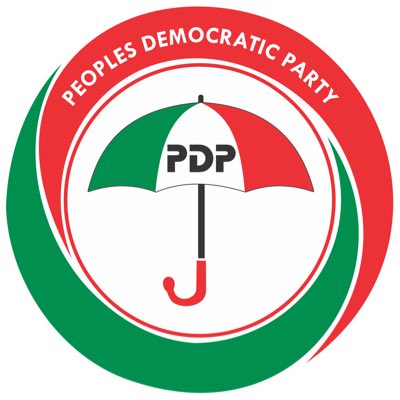Niger Delta
Wike Harps On Improved Govt, Private Sector’s Collaboration
Rivers State Governor, Chief Nyeso Wike has called for stronger collaboration between Government and the private sector to promote business development in the state.
Wike made the call while speaking at the opening ceremony of the 2017 edition of the Port Harcourt International Trade “Fair at the Isaac Boro Park in Port Harcourt, yesterday.
The Governor who was represented by Hon. Enemi Alabo George, member representing Asari-Toru Constituency I, and Chairman, House Committee on Commerce and Industry in the Rivers State House of Assembly, said the Rivers State Government was poised to create a conductive environment for business activities to thrive in the state.
The governor, also charged the private sector to make meaningful contributions in policy formulation and the stimulation of other key sector to fully explore the business potentials of Rivers State.
He said the government had invested hugely in the fight against crime, noting that the state was safe for investment.
“The Rivers State Government is not unmindful of the existence of pockets of crime, all that is the reason Government has inverted ??? and will continue to invest in the prevention of crime in the state”.
In his welcome address, the President of the Port Harcourt Chamber of Commerce, Industry, Mines and Agriculture (PHCCIMA) Dr Emi Membere Otaji, described the annual Trade fair as a plat from for the organized private sector in Rivers State to showcase business services to the global market.
He pointed out that the Port Harcourt Chambers of Commerce Industry Mine and agriculture PHCCIMA, was the largest and active chamber of commerce in Nigeria; coming second only to the Lagos chamber.
He said the composition of the chambers was laden with proven professionals in every facet of endevour, with a mission of building and protecting businesses and developing people through the sharing of relevant knowledge and information that has helped stimulate the economy.
Hosted under the theme, “Nigerian Industrial sector, Beyond oil” and as the 13th edition of the Trade fair, the PHCCIMA president said the chambers got the full support of the Rivers State Government in organizing the Trade fair, noting that the Trade fair was geared toward local content in management and services. Our projection for this year’s fair would be 1,000 exhibitors representing 20% increase from participants count last year and is expected to feature reputable international, National and Local Exhibitors, including the 23 Local Government Area of the state would be given opportunities, to present their Agricultural and industrial potentials to the public”, he stated.
On her part, the National President of the Nigerian Association of Chambers of Commerce Industries, Mines and Agriculture, (NACCIMA), Iyalode Alaba Lawson commended the Rivers State Governor, Nyesom Wike and the Port Harcourt Chambers of Commerce for making Rivers State an economic hub.
She said the choice of the theme of the trade fair was apt, and would lead to investment in the industrial sector, beyond oil.
Niger Delta
Okpebholo Assures Corps Members Of Improved Welfare

Niger Delta
PDP Declares Edo Airline’s Plan As Misplaced Priority

Niger Delta
Students Protest Non-indigene Appointment As Rector in C’River
-

 News3 days ago
News3 days agoDon Lauds RSG, NECA On Job Fair
-

 Niger Delta1 day ago
Niger Delta1 day agoPDP Declares Edo Airline’s Plan As Misplaced Priority
-

 Sports1 day ago
Sports1 day agoSimba open Nwabali talks
-

 Nation1 day ago
Nation1 day agoHoS Hails Fubara Over Provision of Accommodation for Permanent Secretaries
-

 Transport1 day ago
Transport1 day agoNigeria Rates 7th For Visa Application To France —–Schengen Visa
-
Niger Delta1 day ago
Students Protest Non-indigene Appointment As Rector in C’River
-
Niger Delta1 day ago
Stakeholders Task INC Aspirants On Dev … As ELECO Promises Transparent, Credible Polls
-

 Oil & Energy1 day ago
Oil & Energy1 day agoNUPRC Unveils Three-pillar Transformative Vision, Pledges Efficiency, Partnership

